In a seemingly controversial move, I loudly proclaimed on the internet that I didn’t think much of Dragon Age: Inquisition. While it had a strong final third and Morrigan’s motherhood brought her into her best arc of the series, the constant busywork, power systems, incorrigible collectibles, and the whole war table system did my nut in.
Worst of all, though, was the intro. Setting you loose in the Hinterlands, the most visually boring, unnecessarily convoluted, and horribly bloated area of the entire game, should be considered a war crime akin to those committed by a certain demon-possessed mage. I would rather suffer the wrath of a thousand Chantries than explore the Hinterlands for one more minute, and the fact Inquisition sends you back to its bleak fields for more fetch quests in order to progress is frankly demeaning.
Dragon Age: The Veilguard Starts Strong
On the other hand, Dragon Age: The Veilguard opens strong. The set piece in Minrathous is linear but bombastic, exciting and engaging in equal measure. It’s not perfect – there are a few lore dumps and the writing overall isn’t to my tastes, but for a Dragon Age fan who has wanted to see Tevinter for three games now? It’s exactly what the doctor ordered.
Your route through Minrathous may be interrupted by exploding demons at every turn, but you still get time to admire the architecture. The home of Thedas’ most powerful mages is suitably fanciful (or at least it was until all the explosions rocked it), and the centrepiece, the floating halo of the Magisterium, is intriguing. You want to head towards it, to explore it, you hope the story will take you there at some point. This opening does everything the Hinterlands doesn’t.
After our whistle-stop tour across the rooftops of Thedas’ most gravity-defying city, we get to Solas. Most of us had already seen this scene before in the trailers, but Varric still tugged at my heartstrings as he tried desperately to reason with his former friend. The writing here was excellent, the vocal performances perfect, and the returning characters cemented the stakes for the game to come.
Unfortunately, after a dozen more hours in the game, the only area of Minrathous I’ve explored is Dock Town, a run down slum that reminds me of Kirkwall. Give me the fancy palaces and mage university, BioWare!
Also in this scene is your first major decision. Do you bring Neve or Harding to disrupt the ritual? It’s a classic BioWare dichotomy, and a difficult decision as both characters are instantly endearing (unlike some later additions to the party). Despite the warnings, I thought staying behind to fend off the demons was the riskier job, so I took Neve with me in order to protect her. My plan failed, Neve got seriously hurt, and Harding emerged unscathed. Great.
BioWare Is Being BioWare
BioWare twisted my expectations and gave me consequences for my decision. The consequences were only minor, but this is clearly here to tell new players what to expect from the game. As a returning player to the series, it’s exciting too. I’m here for great characters and difficult decisions, and this already looks like a promising start on both accounts.
After this, Solas frees the elven gods. The stakes are set for the game to come. We know what we’re fighting, we know what’s at risk, and we know that we’ll have to make difficult decisions to achieve victory.
Compare this to Inquisition’s opening, where nobody knows what the Maker’s Mark is, who Corypheus is, or what your role in saving the world is. Heck, I wasn’t even sure what the world was even in danger from until a few hours later on my first playthrough.
Dragon Age: The Veilguard may slow down from this point, and I’m hoping it opens up properly soon when I’ve recruited all the companions, but it’s a great opening. Like a cold open in a Bond film, the explosive start is a brilliant way to get players on board and that momentum is just about strong enough to carry them through the next half a dozen hours of lore dumps and strange accents.
The Veilguard is proving to be a divisive game, but its opening mission is more focused, more exciting, and more narratively coherent than that of its predecessor. That alone is going to propel most players through the slower sections of the first act and into the mysteries that lie beyond.
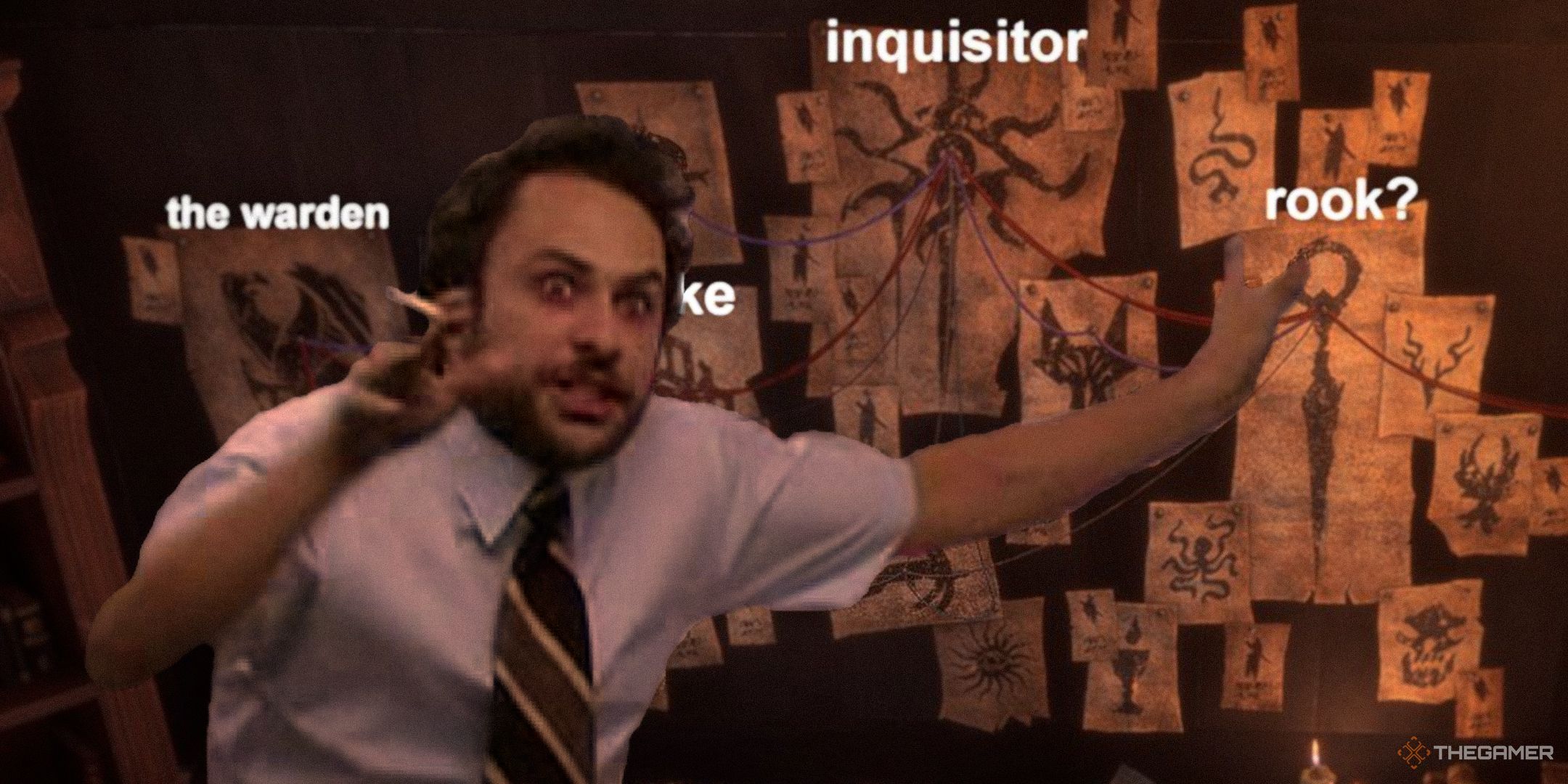
Next
Someone In Dragon Age: The Veilguard Is Connecting All Of Our Characters
Is that fifth figure teasing Dragon Age 5, or is it a nod to us, the player?
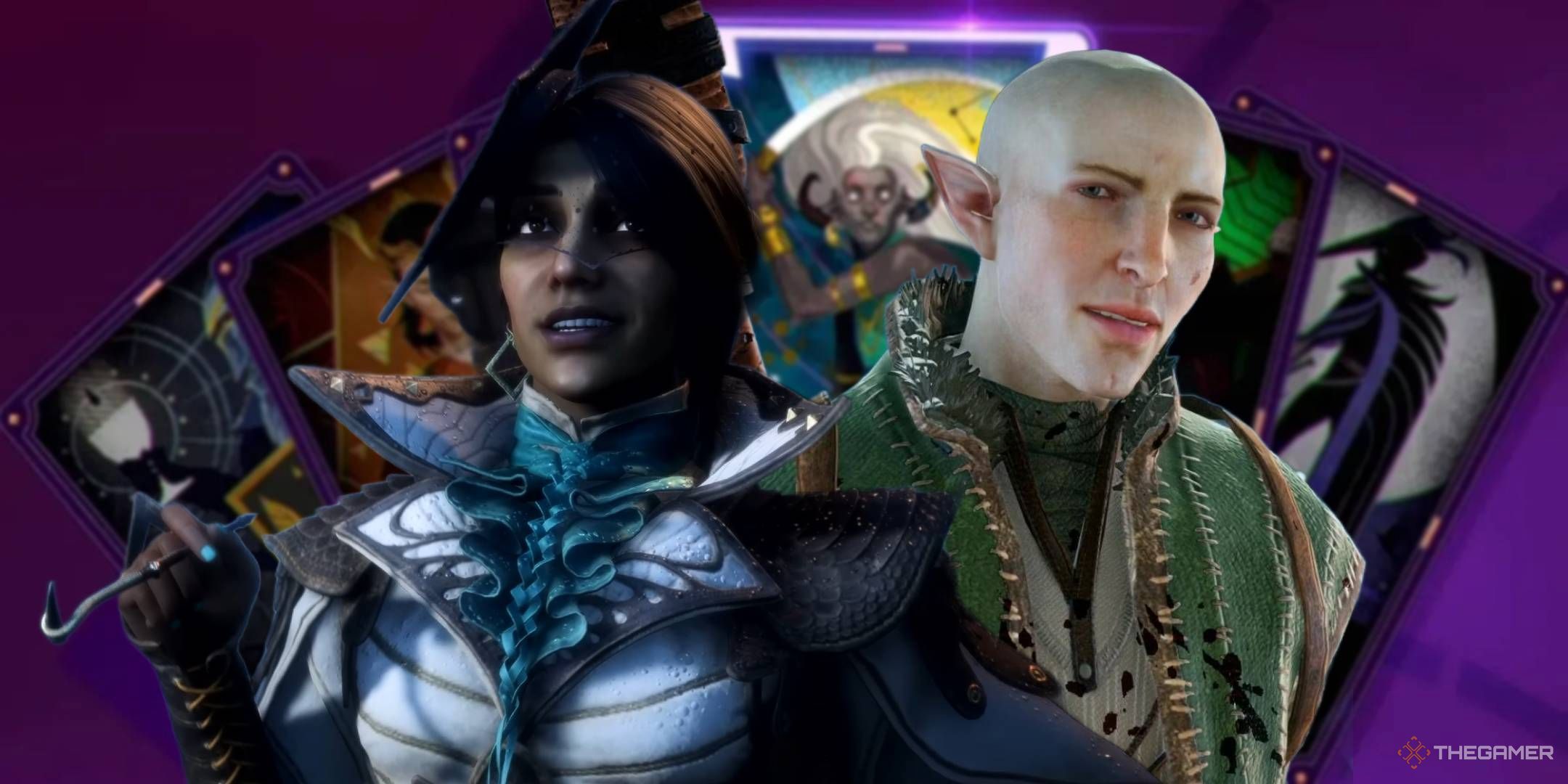
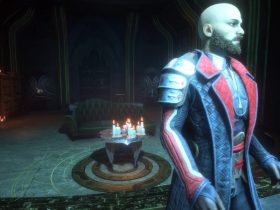
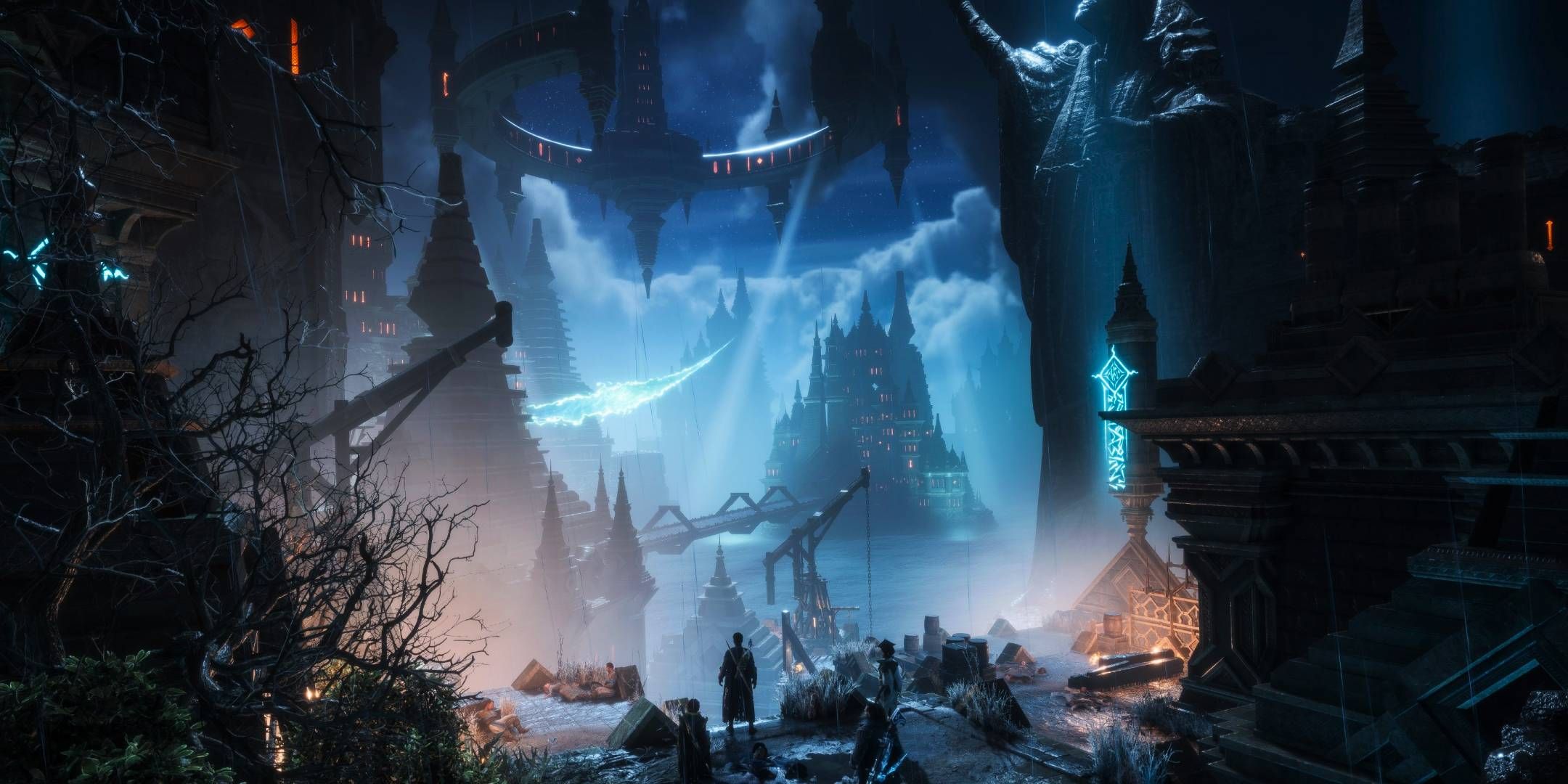
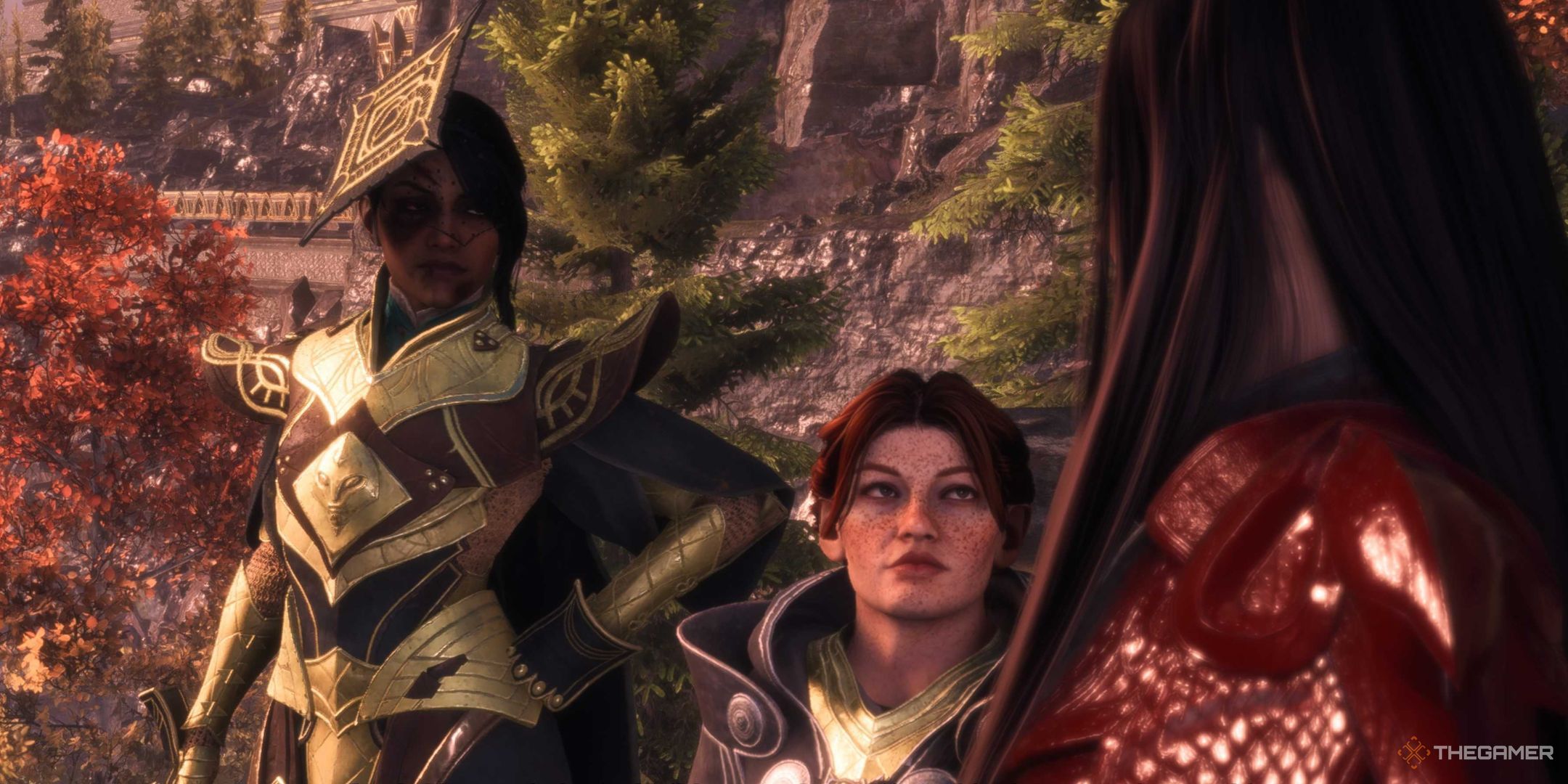
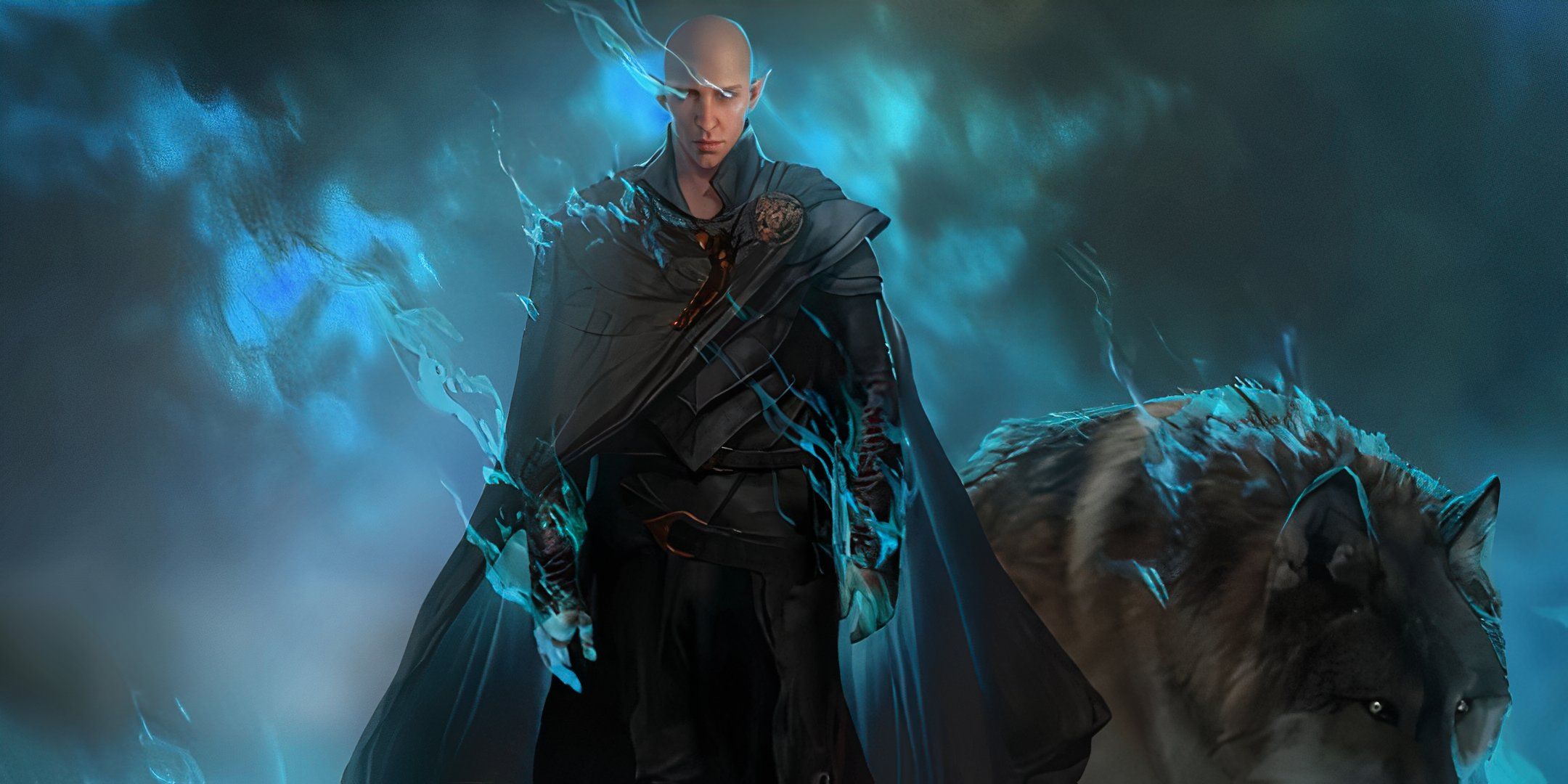
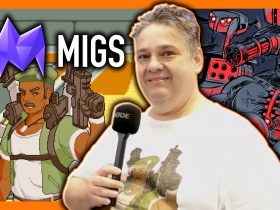
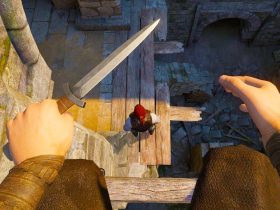

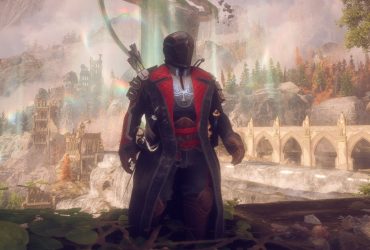
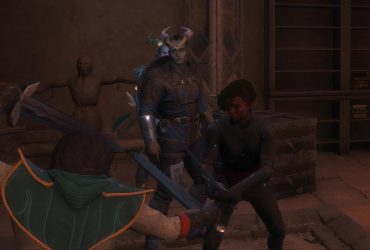


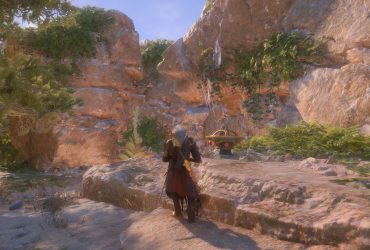
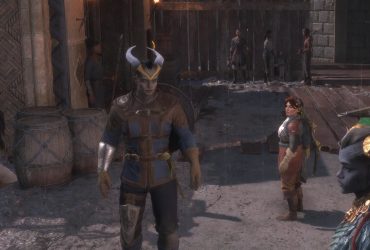
Leave a Reply